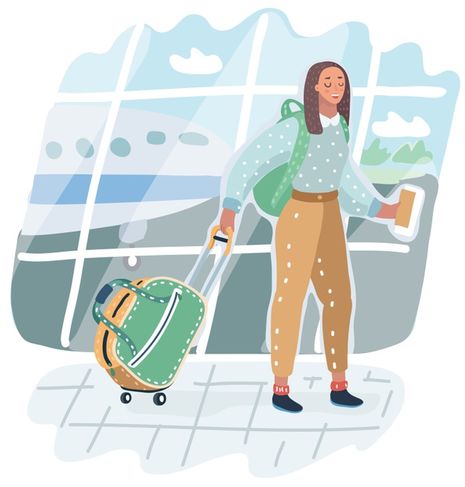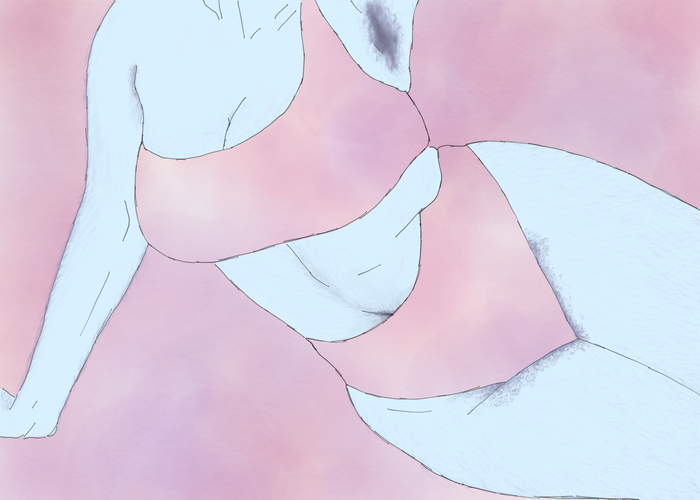Why is this one coming, now?
Anne Chafer traces the history of her family’s migration, from the Spanish Civil War and fascist dictatorship, to moving to the UK in the throes of Brexit.

“Many a time I feel banished and want to go back
to that exile that banishes me
and then it seems I don’t belong
to no place, to no one.
Might it be a hint that never again
will I be anything but an exile?
That here or there or everywhere
there will always be someone watching, thinking:
Why is this one coming, now?
And yet I’m coming, perhaps to share weariness and vertigo,
abandonment, fondness
coming also to receive my share of grudges
my sensible allocated love.
In fact, why I’m coming,
I don’t quite know for sure,
but I’m coming.”
[Poem by Mario Benedetti, Uruguayan writer whose 100th birthday was celebrated this September. Translation by Anne Chafer.]
-
It’s not easy being an immigrant in the UK. Not when you represent the third consecutive generation of migrants in your family. Whilst my parents and grandparents migrated because they were forced into exile, and I moved by choice, being an immigrant has certainly not gotten any easier in 2020.
My maternal grandparents were Catalan. They had successful careers in Barcelona: he was an actor and she was a dressmaker. They fled the country in the 40s, when Franco came to power and established a dictatorship after the Spanish Civil War. The use of Catalan was prohibited, censorship of culture ran wild, and mass executions happened every other day. Political opponents were repressed through police and military violence. Because of his status as a public figure, my grandfather had been put on all kinds of lists and was persecuted. The options for exile were Australia or Uruguay: in the end, the latter was where my mother was born.
“To this day, there isn’t an official number of deaths.”
Thirty years later, it was South America that had become the core of fascism. A network of dictatorships appeared, facilitated by Henry Kissinger and engineered to become another card in the United States’ Cold War strategy. This was called Operation Condor, and it aimed both to suppress any left-wing governments and promote the economic expansion of the US through the assassination of ideological opponents. This series of dictatorships was infamous for its “forced disappearances” in which military generals would kidnap babies from persecuted families. The baby would be raised as part of the general’s family, changing their records and using different names, whilst the parents would be tortured in secret military bases until their deaths. To this day, there isn’t an official number of deaths as a result of the clandestine nature of these operations, and most of the families affected don’t know whether their relatives are dead or alive under another name.
When my mother and her family started waking up to tanks driving down the street, and were chased by soldiers in the evening as part of the operations of state terror, they knew it was time to flee again. When they arrived in Catalonia, Franco was close to dying. However, the hostility bred by almost forty years of Spanish dictatorship was as prevalent as ever, and not even their close relatives welcomed them. My mother was ten.
“The weight of ancestry hangs heavy on your shoulders.”
Then, there’s me. I migrated to the United Kingdom for purely privileged reasons– I was looking for a better education, a better quality of life. Don’t you just love having dual nationality?
It is difficult to negotiate the layers of ancestry and movement that run through my family. It’s hard to not understate your own hardships when those before you have undergone exiles and fascist regimes. The weight of ancestry hangs heavy on your shoulders: all of a sudden, even if no one has said it explicitly, you have to make your family proud, make their suffering worth it. And your position is much better, this time around... so.
“Why is it so tough to be intersectional in our relationship with ourselves?”
I came to this country to study performing arts. In Catalonia, this has become a mainly private or privately-managed institution, which makes it inaccessible to many and elitist. Even though I’d have to be in debt for years afterward, I believed an education in Britain would be worth it. I still believe that. If I made the hard decision to plunge my family into even more financial struggle so I could study an MPhil here at Cambridge, heartbreaking though that was, it was because I hope to financially support them in the future in turn.
Unsurprisingly, my idealised version of Britain was quickly crushed by xenophobic migration policies and the impact of Brexit. I had once imagined that this could be a place where working in the Arts and Humanities would be easier... where my ideas and skills would be appreciated, and where everyone was just so nice and besides, I will fit in better since I’m an introvert. I figured, since I was European, it would be easy to integrate. Needless to say, after three years of living here on my own, my opinions and feelings have become a tiny bit more nuanced. These days, I’m not sure I still want to cater to whatever the government thinks integrating means.
I find myself thinking beyond these issues. I think that it is funny, in a way, that when my actor grandfather went into exile, he found a way to build on his acting career successfully, whereas I’ve already switched subjects twice (from Drama to English, from English to Classics). And yet, knowing myself to be not only more privileged than them but also privileged in many other ways fills me with guilt. Why is it so tough to be intersectional in our relationship with ourselves? This is not the Oppression Olympics: why can’t I recognise the oppressed facets of myself as well as the privileged parts?
“These days, I’m not sure I still want to cater to whatever the government thinks integrating means.”
I have no answers to any of this. I have no thesis, no structural question to my status as a migrant. I don’t know why I stay here, but it must be because I have some sort of hope. Sure, I could talk about those who made fun of my English for almost two years, under the pretext of being my friends. And I could talk about how, even now, after three years of living and working here, the way I speak is still met with surprise because I am not the broken English speaker that the British think a foreigner ought to be. But nowadays, I try to be grateful instead. I think of all those who are pushing for change, of the friends and teachers and researchers and everybody that makes me feel like maybe staying here is worth it. In a reality where the government heralds injustice daily, you are hope, and you make the idea of a future here a promising one.
 Comment / Plastic pubs: the problem with Cambridge alehouses 5 January 2026
Comment / Plastic pubs: the problem with Cambridge alehouses 5 January 2026 News / Cambridge businesses concerned infrastructure delays will hurt growth5 January 2026
News / Cambridge businesses concerned infrastructure delays will hurt growth5 January 2026 News / New movement ‘Cambridge is Chopped’ launched to fight against hate crime7 January 2026
News / New movement ‘Cambridge is Chopped’ launched to fight against hate crime7 January 2026 News / AstraZeneca sues for £32 million over faulty construction at Cambridge Campus31 December 2025
News / AstraZeneca sues for £32 million over faulty construction at Cambridge Campus31 December 2025 Interviews / You don’t need to peak at Cambridge, says Robin Harding31 December 2025
Interviews / You don’t need to peak at Cambridge, says Robin Harding31 December 2025










